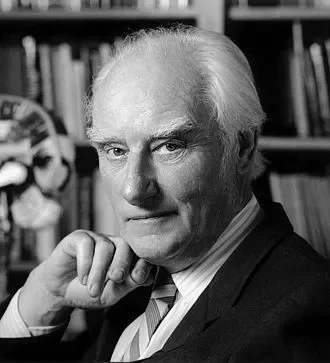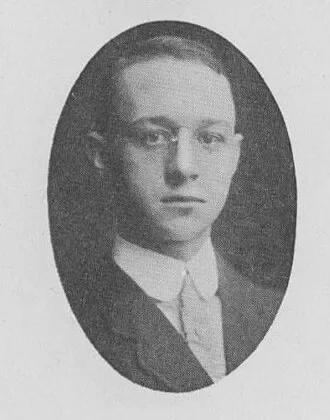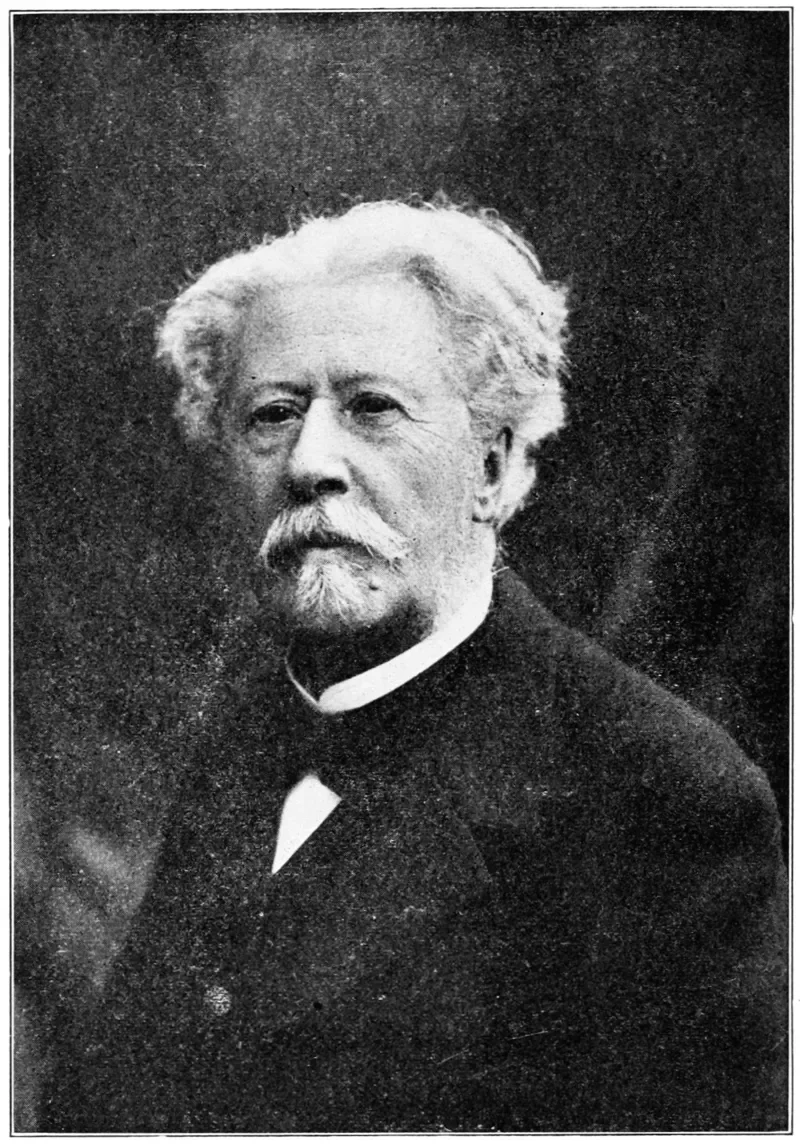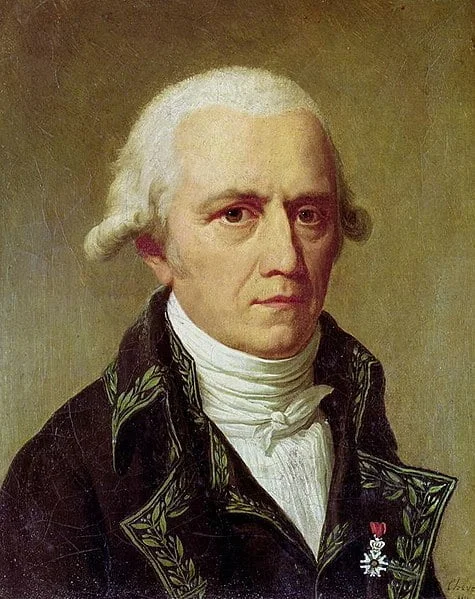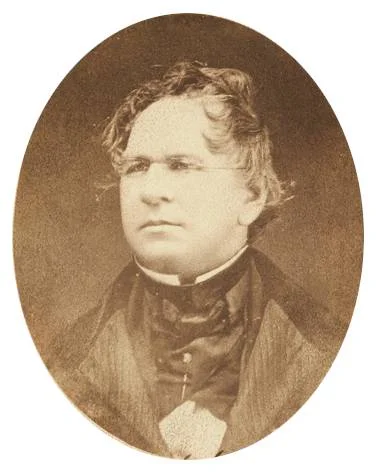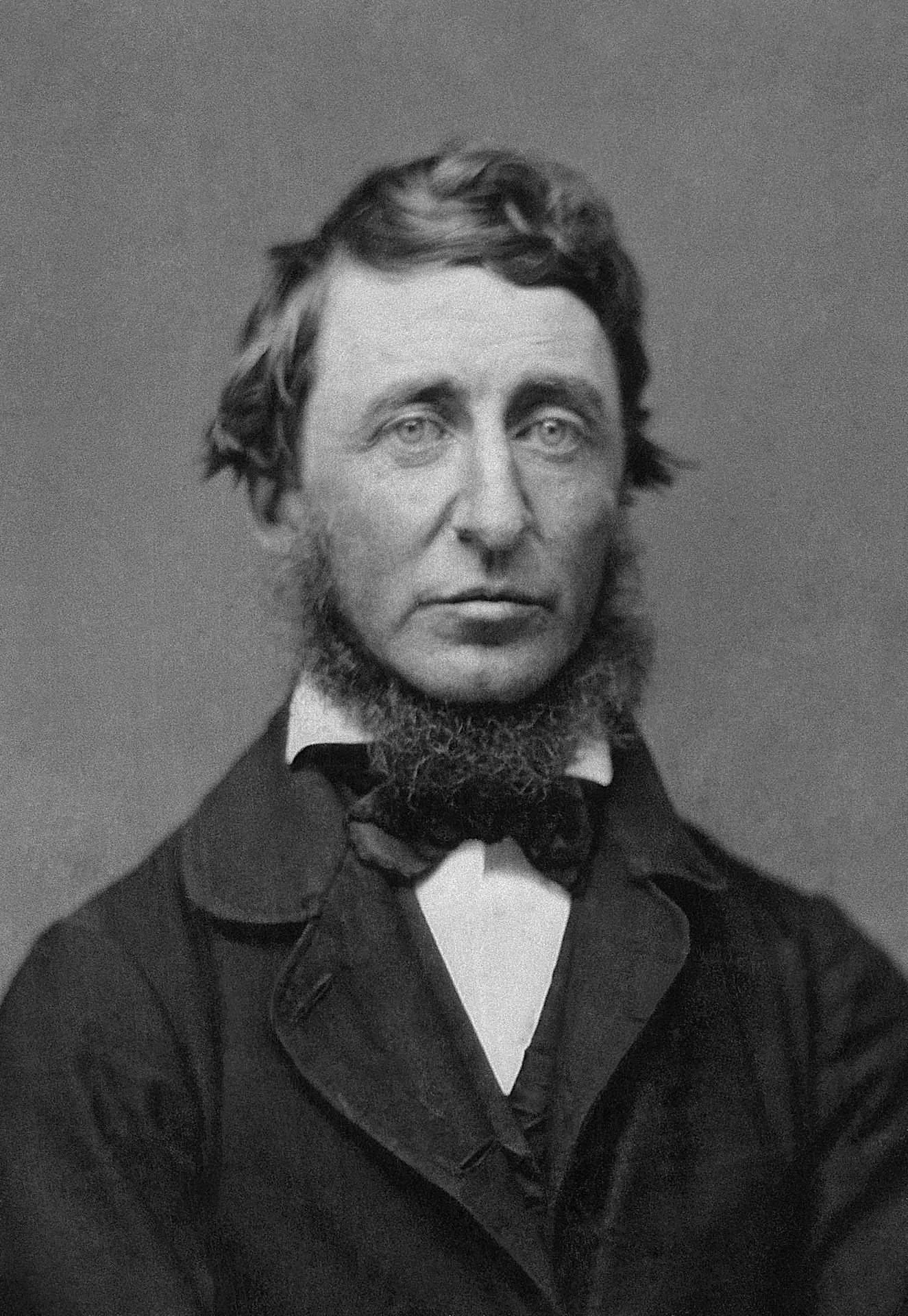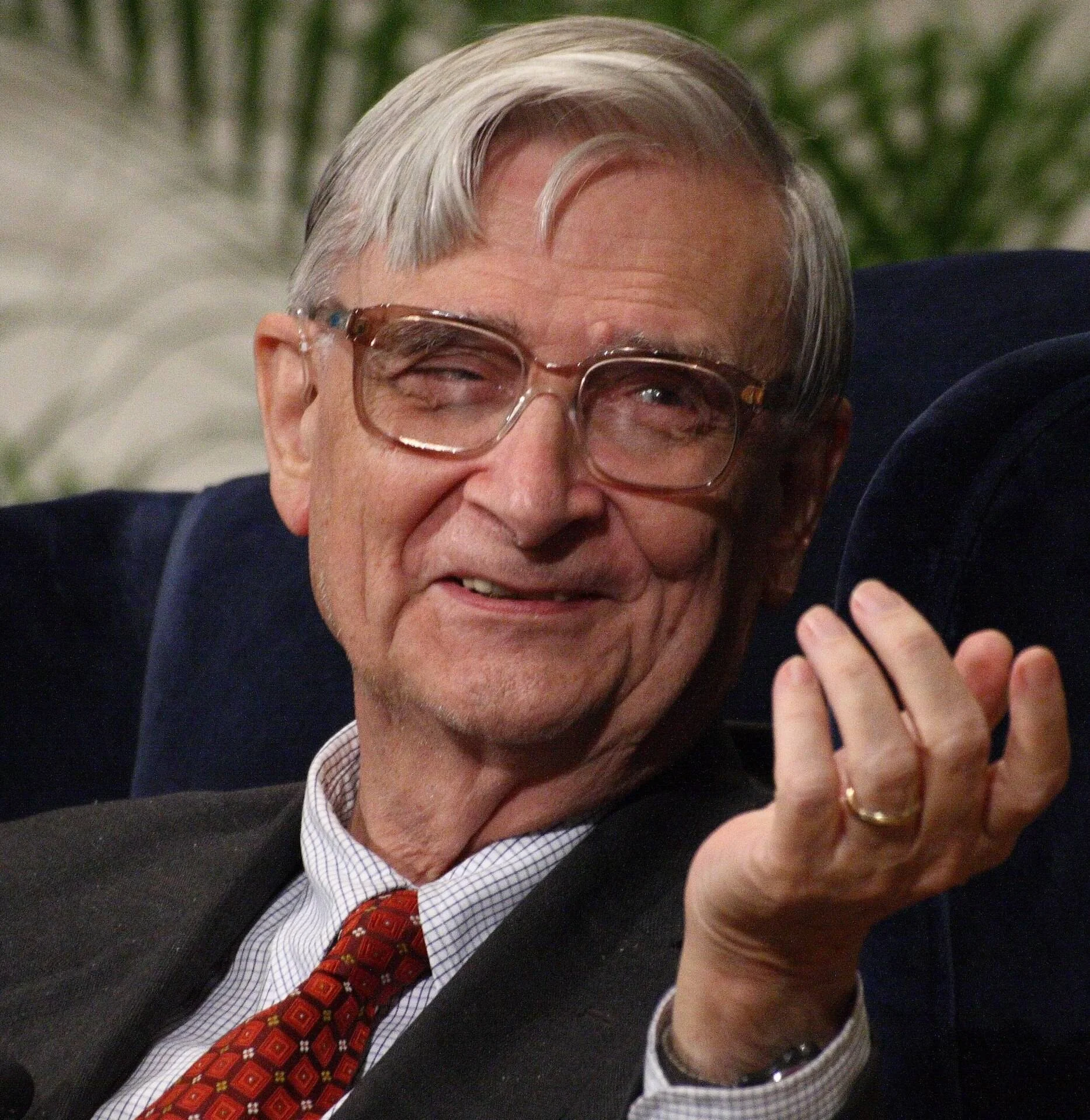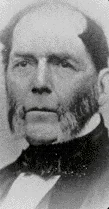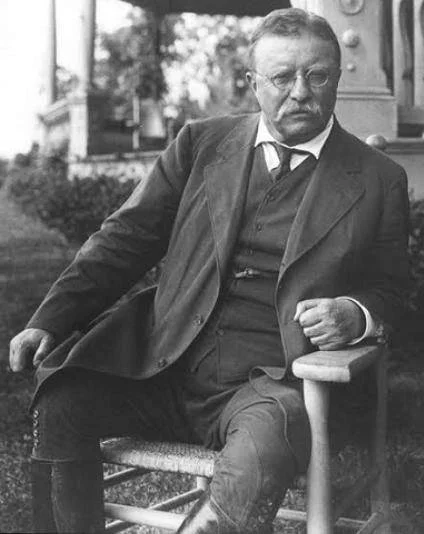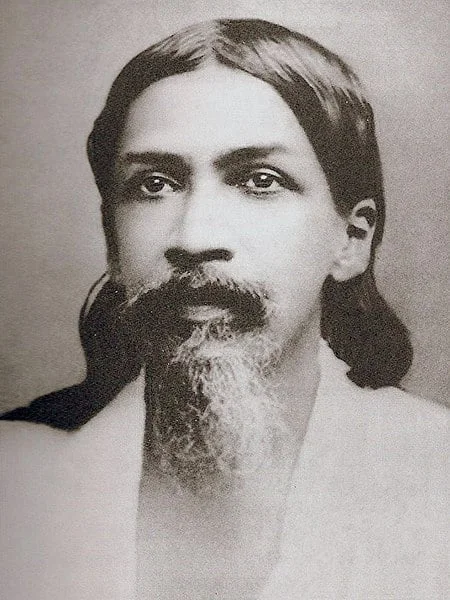Real Celebrities Never Die!
OR
Search For Past Celebrities Whose Birthday You Share
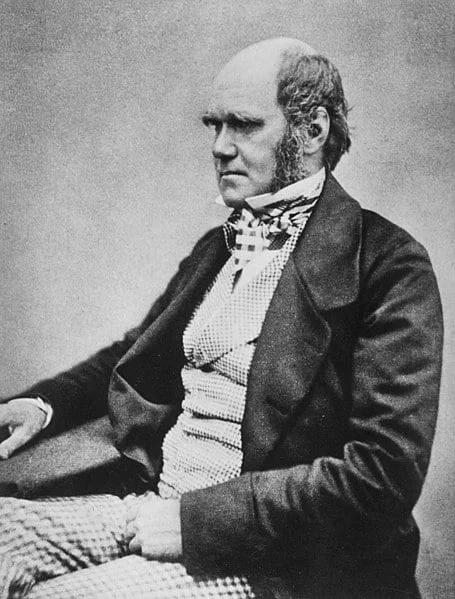
source:wikipedia.org
Charles Darwin
Birthday:
12 Feb, 1809
Date of Death:
19 Apr, 1882
Cause of death:
Heart attack
Nationality:
British
Famous As:
Biologist
Age at the time of death:
73
Charles Darwin's Quote's
Early Life and Family Background
Charles Robert Darwin, a towering figure in the field of natural science, was born on February 12, 1809, in Shrewsbury, Shropshire, England. Charles Darwin was the fifth of six children in the Darwin family. His father, Robert Darwin, was a successful physician, and his grandfather, Erasmus Darwin, was a renowned naturalist and poet. Growing up in this intellectually stimulating environment laid the foundation for Charles Darwin’s later scientific pursuits.
Early Interests and Education
During his early years, Darwin showed an early interest in the natural world. His childhood hobbies included collecting specimens, particularly beetles, and exploring the countryside around Shrewsbury. Though his father initially envisioned him following in his footsteps as a physician, young Darwin’s fascination with nature soon set him on a different path.
University Studies and Career Change
In 1825, Darwin enrolled at the University of Edinburgh to study medicine. However, the medical field didn’t capture his interest as much as he expected. He found dissection repulsive but developed a keen interest in marine biology through his association with the Plinian Society, a student natural history group.
Influences and Path to Natural History
After realizing his passion for natural history, Darwin transferred to Christ’s College, Cambridge, to study theology and natural sciences. During this time, he became influenced by the ideas of prominent naturalists, including John Henslow and Adam Sedgwick. Henslow, in particular, played a crucial role in shaping Darwin’s scientific career by recommending him for the position of naturalist on HMS Beagle.
The Voyage of HMS Beagle
In 1831, at the age of 22, Charles Darwin embarked on a transformative voyage on HMS Beagle, a British naval ship tasked with surveying and mapping the coast of South America. This five-year journey proved to be a defining period in Darwin’s life. The diverse flora and fauna he encountered during the voyage, especially in the Galápagos Islands, sparked his curiosity and laid the groundwork for his groundbreaking theories.
Development of the Theory of Evolution
Darwin’s observations and collections during the voyage, coupled with subsequent years of meticulous study, led to the formulation of his theory of evolution by natural selection. In 1859, he published his seminal work, “On the Origin of Species,” where he presented evidence for the idea that species evolve over time through a process of natural selection. This revolutionary concept challenged prevailing views on the fixity of species and had profound implications for biology, paleontology, and anthropology.
Contributions to Other Scientific Fields
Apart from his contributions to evolutionary theory, Darwin also made significant advancements in various scientific disciplines. His work on barnacles, conducted over eight years, resulted in a monograph that established him as a leading authority in marine biology. Additionally, he conducted extensive research on plants, earthworms, and other organisms.
Recognition and Honors
Darwin’s professional accomplishments garnered widespread recognition, earning him prestigious honors and memberships in scientific societies. He was elected a Fellow of the Royal Society in 1839 and received the Royal Medal in 1853. His work laid the groundwork for modern biology and had a profound impact on the scientific community’s understanding of the natural world.
Personal Life and Family
On a personal level, Darwin married his cousin Emma Wedgwood in 1839, and they had ten children. Despite facing health challenges and the loss of two children, their marriage endured, providing Darwin with crucial support throughout his scientific endeavors.
Final Years and Legacy
Charles Darwin spent the latter part of his life at Down House, a country home in Kent, where he continued his scientific work and wrote prolifically. His publications during this time covered various topics, including human evolution, emotions, and plant movements.
Death and Lasting Impact
Charles Darwin passed away on April 19, 1882, at the age of 73, in Downe, Kent. He left behind a lasting legacy, not only as a brilliant scientist but also as a pioneer whose ideas transformed our understanding of life on Earth. His contributions continue to influence and shape scientific inquiry, making him one of the most celebrated figures in the history of science.
Name:
Charles Darwin
Popular Name:
Charles Darwin
Gender:
Male
Cause of Death:
Heart attack
Spouse:
Place of Birth:
Shrewsbury, England
Place of Death:
Downe, Kent, England
Occupation / Profession:
Personality Type
Logician: Innovative inventors with an unquenchable thirst for knowledge. He was ready to take any risk to quench his thirst for knowledge.
Charles Darwin’s famous voyage on HMS Beagle lasted from 1831 to 1836. During this expedition, he visited various locations, including the Galápagos Islands, where he made crucial observations that influenced his theory of evolution.
Darwin delayed publishing his groundbreaking work, “On the Origin of Species,” for many years. He was aware of the controversial nature of his ideas and the potential backlash from the scientific and religious communities.
Down House, Darwin’s home in Kent, is now a museum dedicated to his life and work. It offers visitors a glimpse into his daily life and the environment where he developed many of his groundbreaking ideas
The diverse finch species he encountered on the Galápagos Islands played a pivotal role in his understanding of adaptation and natural selection. The variations in beak shapes among these finches contributed to his theory of evolution.
Copley Medal (1864)
Royal Medal (1853)
Wollaston Medal (1859)

